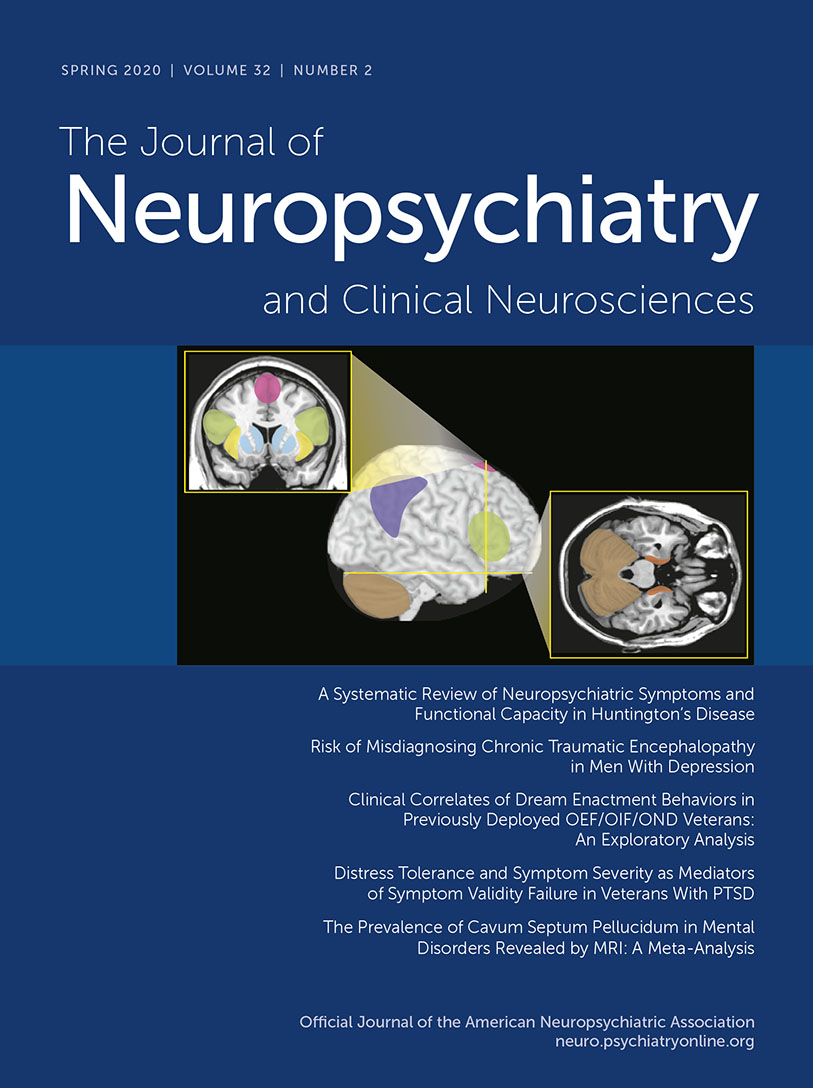Distress Tolerance and Symptom Severity as Mediators of Symptom Validity Failure in Veterans With PTSD
Abstract
Objective:
Performance validity tests (PVTs) and symptom validity tests (SVTs) are necessary in clinical and research contexts. The extent to which psychiatric distress contributes to failure on these tests is unclear. The authors hypothesized that the relation between posttraumatic stress disorder (PTSD) and validity would be serially mediated by distress tolerance and symptom severity.
Methods:
Participants included 306 veterans, 110 of whom met full criteria for current PTSD. PVTs included the Medical Symptom Validity Test (MSVT) and b Test. The Structured Inventory of Malingered Symptomatology (SIMS) was used to measure symptom validity.
Results:
MSVT failure was significantly and directly associated with PTSD severity (B=0.05, CI=0.01, 0.08) but not distress tolerance or PTSD diagnosis. b Test performance was not significantly related to any variable. SIMS failure was significantly associated with PTSD diagnosis (B=0.71, CI=0.05, 1.37), distress tolerance (B=−0.04, CI=–0.07, –0.01), and symptom severity (B=0.07, CI=0.04, 0.09). The serial mediation model significantly predicted all SIMS subscales.
Conclusions:
PTSD severity was associated with failing a memory-based PVT but not an attention-based PVT. Neither PVT was associated with distress tolerance or PTSD diagnosis. SVT failure was associated with PTSD diagnosis, poor distress tolerance, and high symptomatology. For veterans with PTSD, difficulty managing negative emotional states may contribute to symptom overreporting. This may reflect exaggeration or an inability to tolerate stronger negative affect, rather than a “cry for help.”



